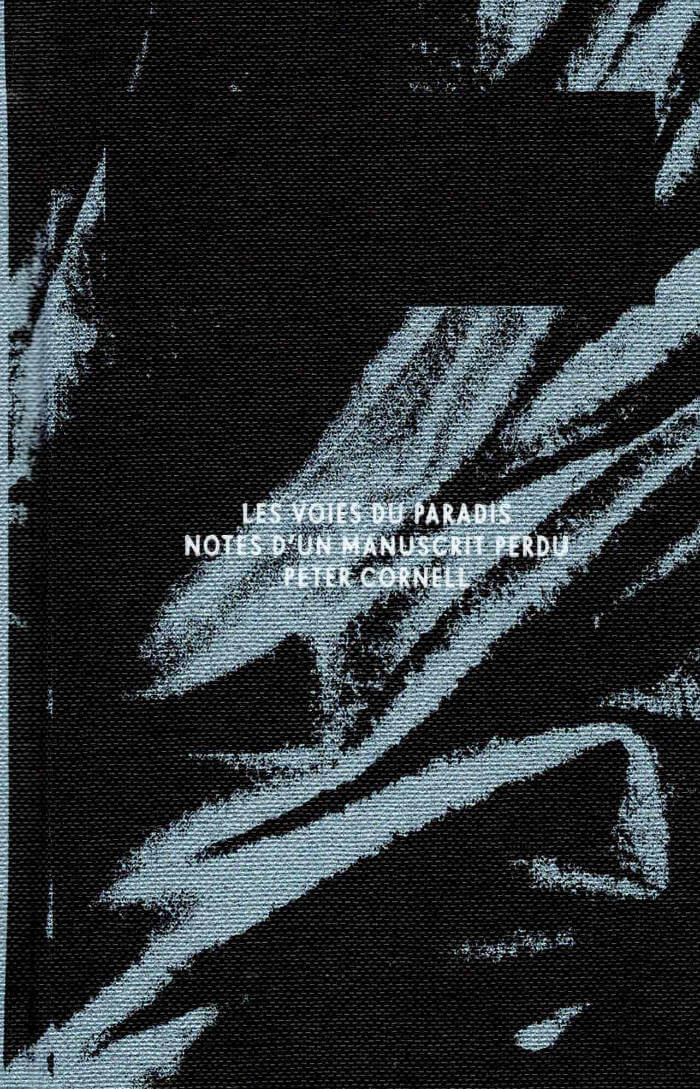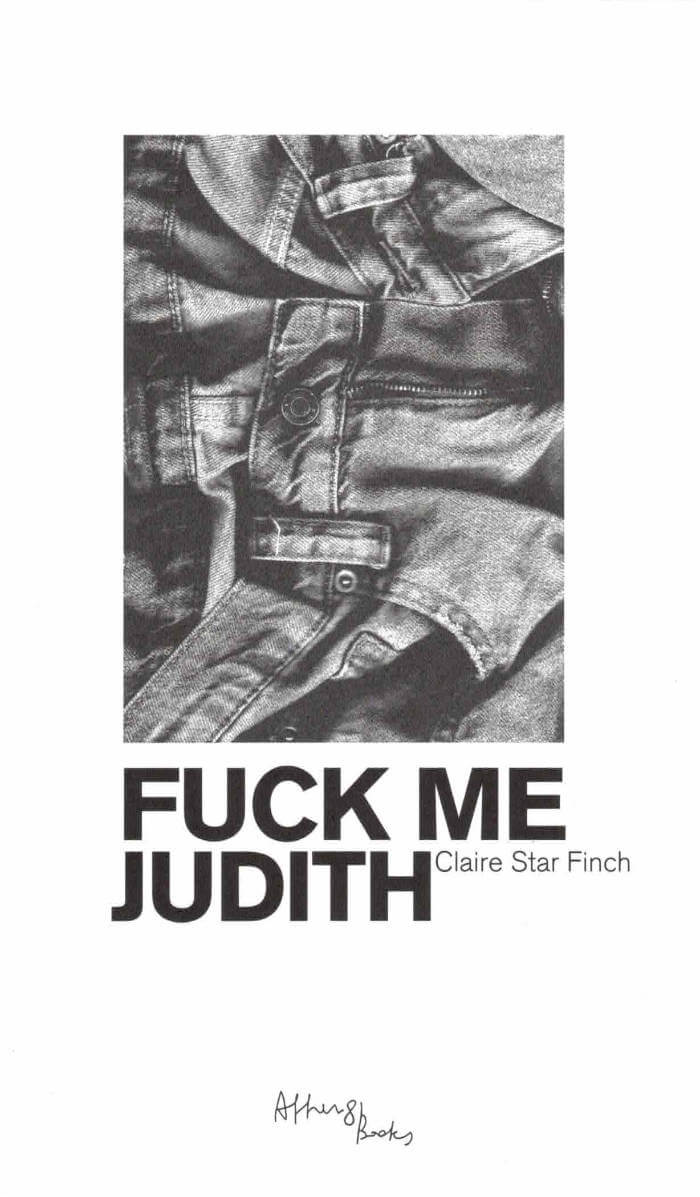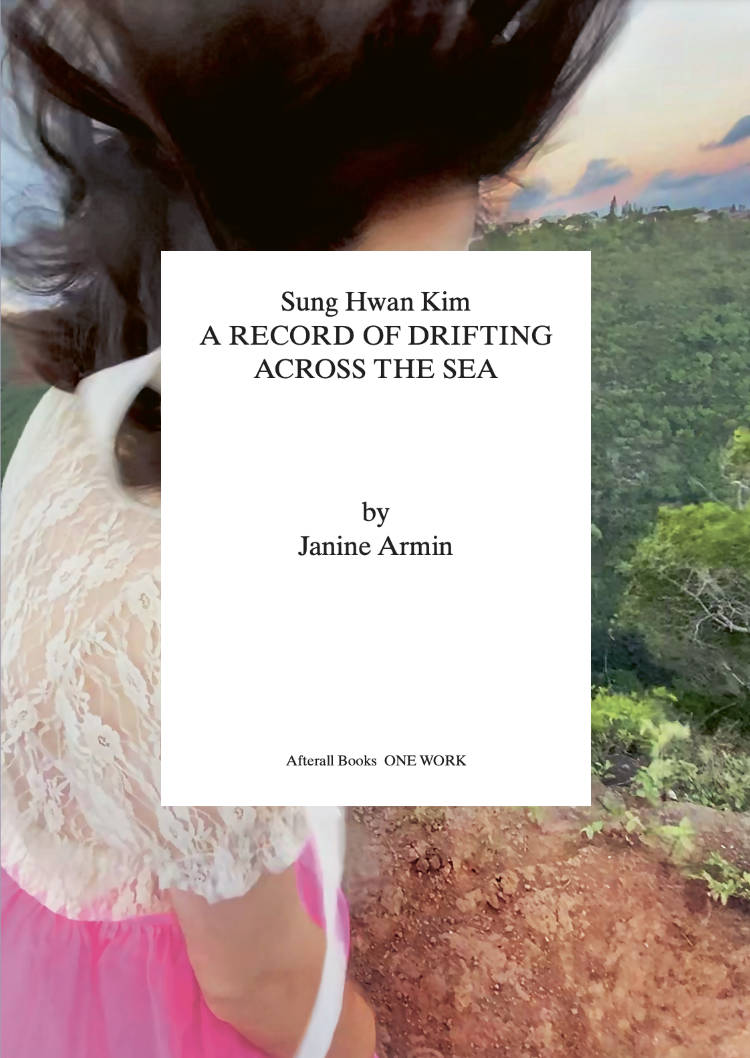
Les Voies du Paradis
Les Voies du Paradis rassemble ce qui subsiste d’une œuvre perdue : les seules notes de bas de page d’un texte manquant, laissées par un chercheur après son décès et éditées par Peter Cornell. Ces notes et leurs illustrations forment un ensemble incomplet, qui se donne ici à lire à travers ses manques. Un fil – d’Ariane ? – se tisse entre les diagrammes, les figures de spirales et de labyrinthes – de Cesare Ripa à Ernst Josephson et Robert Smithson, des Templiers aux spirites et aux surréalistes – qui parcourent le texte et se font écho, comme les éléments d’une énigme ou des figures ésotériques. Le « Paradis » dont il est question ici, c’est le rêve de la connaissance absolue, la saisie de l’ordre caché des choses, à laquelle aspirent autant poètes et artistes que mystiques et scientifiques…
Paru en Suède en 1987, Les Voies du Paradis y a acquis la réputation d’un livre culte. Peter Cornell y propose une perspective inédite sur les liens entre art, littérature, spiritualité et occultisme, dans un texte à mi-chemin de l’essai et de la fiction, de l’érudition et de la mystification. La volonté de savoir y est mise en scène comme une quête prise au piège de l’irrationnel ; les notes s’assemblent par logique associative, programme éclectique qui tente encore de retrouver un centre perdu – comme les algorithmes auxquels est confiée aujourd’hui la tâche fantasmée de mettre en ordre les connaissances humaines.
Language: French







